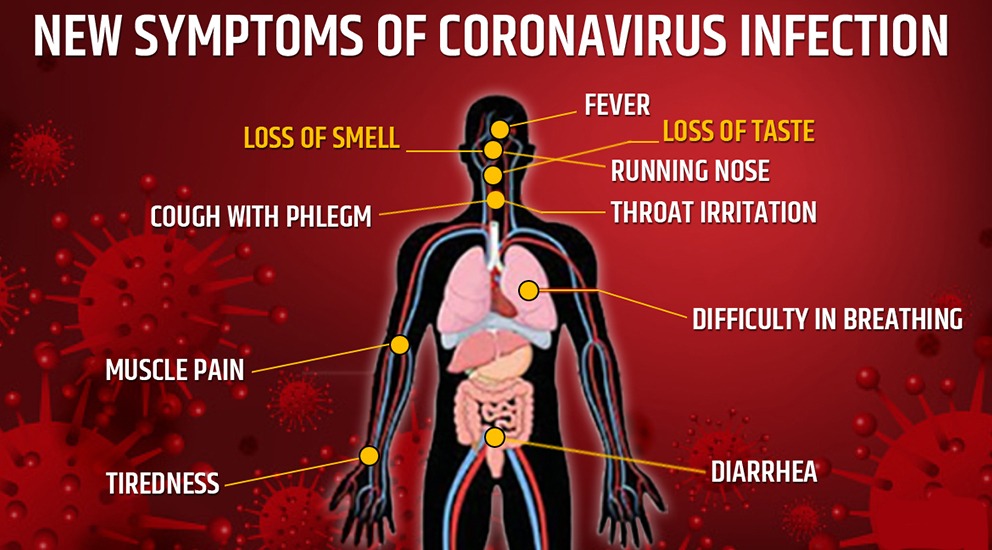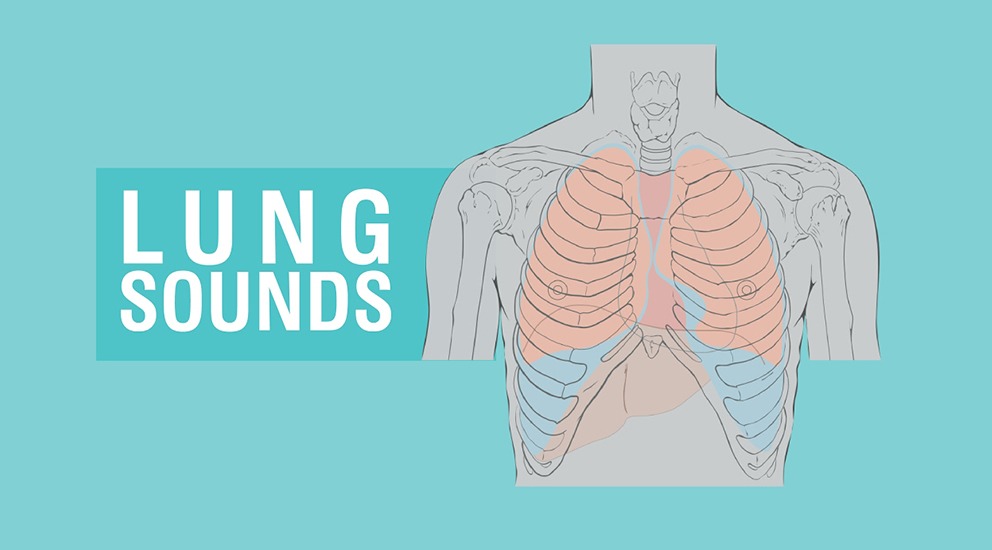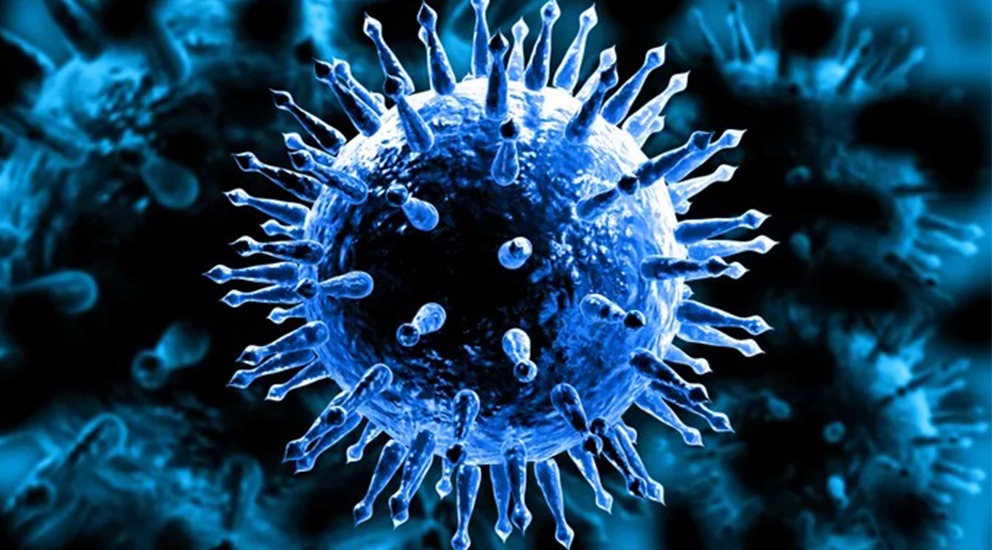
What are the symptoms of COVID-19 in points
For people suffering from seasonal allergies and asthma, springtime can mean increased symptoms such as sneezing, sneezing and coughing. In the past, you would not worry. You would assume that pollen was to blame, but we know that this is not a normal year. Many people are concerned with the risk of COVID-19. This is why now more than ever, being able to understand the difference between COVID-19 symptoms and allergy or asthma symptoms is important to reassure oneself.
What are the symptoms of COVID-19 ?
Since cough and shortness of breath are symptoms of allergy-induced asthma, they can cause some confusion and anxiety. Keep in mind that the hallmark symptom of COVID-19 is fever.
According to the Centers for Disease Control (CDC), the primary symptoms of COVID-19 are:
- fever
- Coughing
- Difficulty breathing
Some symptoms of COVID-19 appear 2–14 days after onset.
If you have experience, seek emergency medical attention as soon as possible:
Difficulty breathing
Continuous chest pain or pressure
New illusion
Blue lips or face
HOW ARE SEASONAL ASTHMA AND ALLERGIES DIFFERENT FROM COVID-19?
People with asthma should listen to their bodies. If your cough is more severe, just feels different, or your medications are not giving you relief, contact your doctor.
Those experiencing seasonal allergies will notice other symptoms not specific to COVID-19, such as sneezing, nasal congestion, sore throat / ear canal / sinus, and watery or dry eyes. Since, it is your immune system that is trying to protect your body, allergy symptoms are not contagious.
When trying to differentiate between any virus and asthma or allergy, remember that:
There will be no fever due to asthma and allergies.
Viruses are contagious. If you are the only person in your household who is experiencing symptoms, it is likely your seasonal asthma or allergy.
High pollen count in your area will correlate with increased asthma and allergy symptoms.
Be active with your allergy symptoms.With a little preparation, you can stay ahead of your seasonal allergies and asthma. Start by going through your medicine cabinet and discarding any expired medicines. Buy any OTC medicines you need and refill your prescriptions.
Carry your inhaler or any \"essential\" medication at you at all times.
Monitoring pollen counts in your area.
Living indoors on dry, windy days as pollen is most prevalent in these conditions.
Keep windows closed if possible. Use air conditioners in your car and your home.
Avoid activities such as mowing lawns or pulling weeds.
If you spend time outside, change your clothes and shower as soon as you come in.
Leave a Reply
Your email address will not be published. Required fields are marked *






